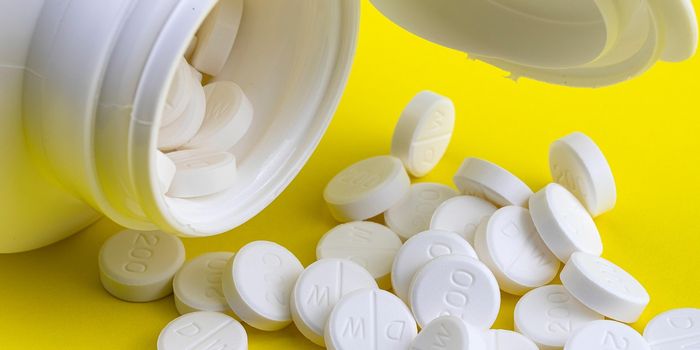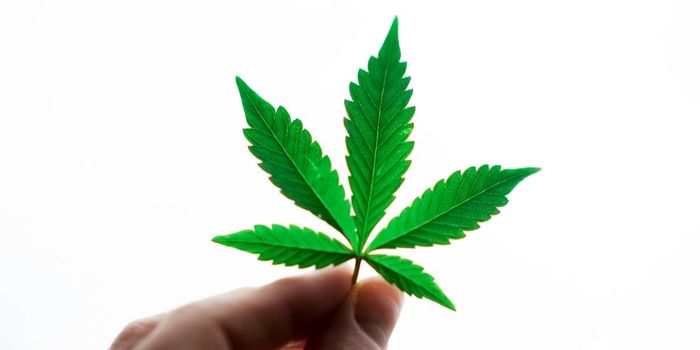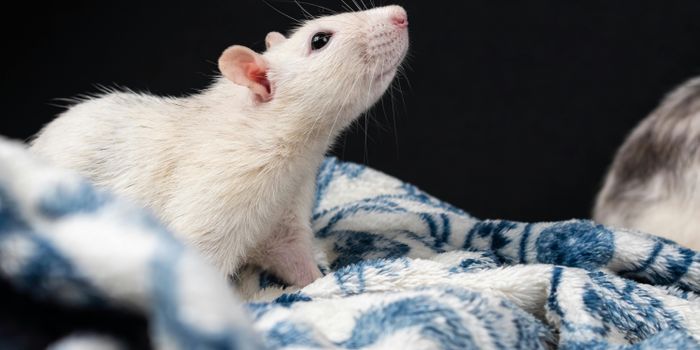Another Study Shows "Magic" Mushrooms Help With Depression
Mushrooms, at least the kind referred to as "magic" are not usually considered a remedy for a severe illness, but recent research could change that. A study conducted at Imperial College London suggests that the active ingredient in magic mushrooms could be a treatment for depression.
The statistics on depression show that it's a growing problem and a leading cause of disability. The National Institutes of Mental Health estimated that in 2012 approximately 16 million adults in the United States had experienced at least one major depressive episode. On a global scale, the WHO puts the figure at 350 million people worldwide who are affected by depression. Finding a way to treat depression in patients for whom therapy and medication haven't worked is the focus of many research projects.
The research at ICL involved the compound that makes mushrooms so magical. It's called psilocybin and is present in about 200 species of mushrooms. The compound was identified in the mid-1950s, and the tiny veggies became a staple of the hippie counterculture in the 1960s. Recently the compound has been researched to see if it has any medical benefit.
Dr. Robin Carhart-Harris, Head of Psychedelic Research at ICL led the project and a paper on the results was published in the journal Scientific Reports. A small group of patients with a form of depression that had been resistant to treatment had baseline fMRI scans before beginning treatment. This type of scan shows blood flow and brain activity in real time and is frequently used in neuroscience research to measure the effect of something on brain activity as opposed to structure. They were then given two doses of psilocybin, the first in the amount of 10mg and a week later a stronger dose of 25mg.
In follow up scans of the patients, the images showed a significant difference in brain activity after taking the psilocybin. In the area of the amygdala, the part of the brain that processes fear, there was reduced blood flow. Other areas of the brain that process emotion and stress were shown to have increased blood flow after the administration of the psilocybin. Patients also answered questionnaires about how they felt and several of them reported feeling as if their brains had undergone a "reset."
Dr. Carhart-Harris stated, "Through collecting these imaging data we have been able to provide a window into the after effects of psilocybin treatment in the brains of patients with chronic depression. Based on what we know from various brain imaging studies with psychedelics, as well as taking heed of what people say about their experiences, it may be that psychedelics do indeed ‘reset' the brain networks associated with depression, effectively enabling them to be lifted from the depressed state."
There were some limits to the study, however. It was a very small sample size, and there was no control group to compare the results to, but the team at ICL is encouraged by the early results and hopes to conduct more research in the future.
The video below has more detail about the study, take a look.
Sources: Imperial College London, BBC, NIMH, Scientific Reports









